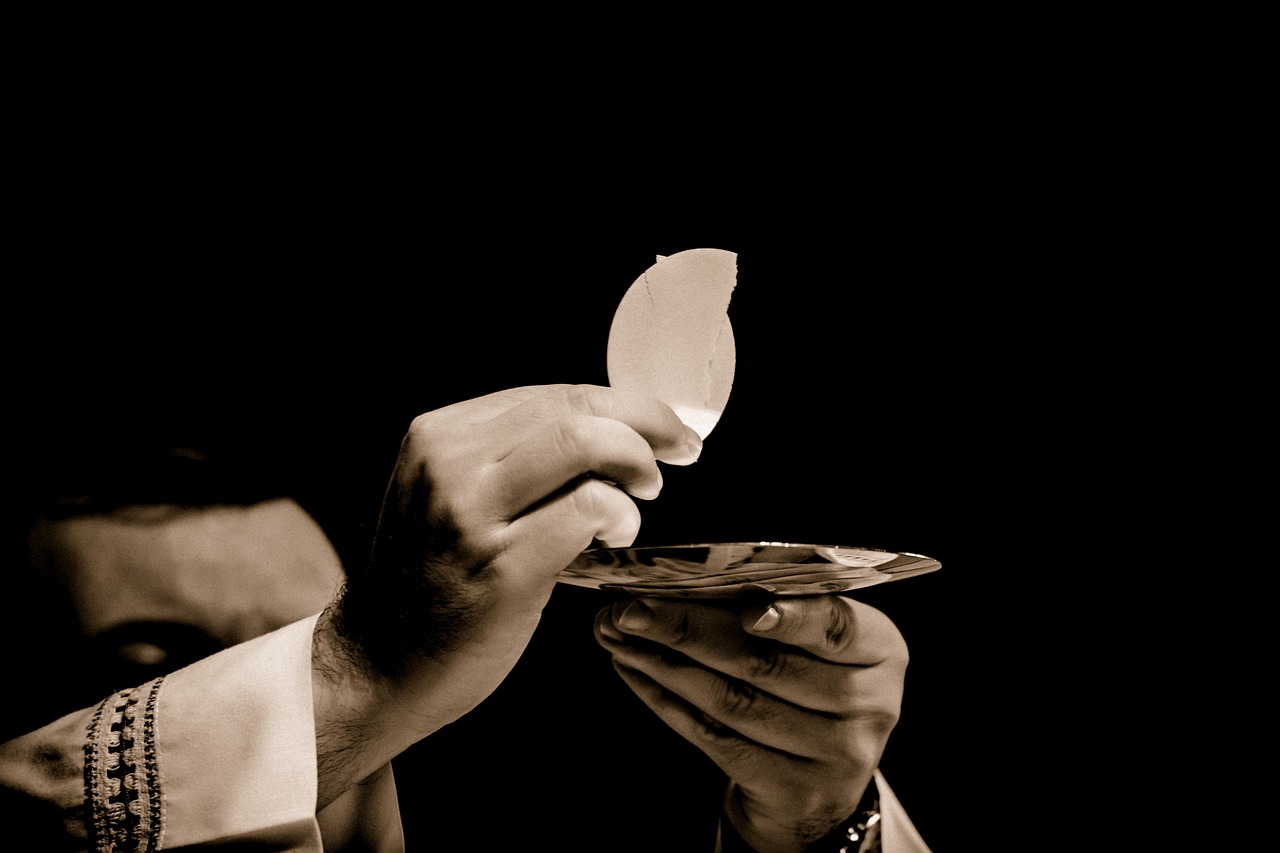The joint proposal to work towards shared Eucharistic communion, signed yesterday in Lund, Sweden, by Pope Francis and the President of the Lutheran World Federation (whose member churches, by the way, generally support abortion and same-sex “marriage”), is extremely troubling. For the following facts must be remembered:
1) Lutherans do not believe in the Sacrifice of the Mass (which Luther himself constantly and virulently execrated as a diabolical abomination). This disbelief is condemned infallibly with anathema by the Council of Trent (DS 1751-1759 = Dz 948-956) – a judgment solemnly confirmed by Pope Paul VI in his 1968 Credo of the People of God (“Solemn Profession of Faith”).
2) Nor do Lutherans believe in the transubstantiation of the bread and wine into the Body and Blood of Christ. This denial is also solemnly anathematized by Trent (DS 1652 = Dz 884). Again, Paul VI solemnly confirms this point of our Faith in his 1965 Encyclical Mysterium Fidei and in the 1968 ‘Credo’.
3) They believe the Body and Blood of Christ become present in what remains bread and wine, but that this type of presence in any case ceases as soon as the distribution of Communion is over. Condemned with anathema by Trent (DS 1654 = Dz 886), and also again by Paul VI in MF and the 1968 ‘Credo’.
4) Following logically from the above, Lutherans reject the reservation of the remaining Hosts in the tabernacle after Mass. Condemned with anathema by Trent (DS 1657 = Dz 889), and also again by Paul VI in MF and the 1968 ‘Credo’.
5) With equal consistency, Lutherans reject Eucharistic adoration outside of Mass and Eucharistic processions. Condemned with anathema by Trent (DS 1656 = Dz 888), and also again by Paul VI in the aforesaid documents.
With at least five anathemas against Lutheran heresies regarding the Eucharist, there is no condemnation by the Council of Trent of the idea ofintercommunion with these separated brethren. But that’s simply because the idea would have been considered so utterly outlandish and totally unthinkable at that time that in fact, well, . . . nobody on either side did even think of it, as far as we know – much less propose it.
Nevertheless, intercommunion with Lutherans (and other Protestants) is indeed strictly prohibited by the present Code of Canon Law. In a ruling which is clearly linked inseparably to divine law about the importance of receiving the Body of Christ worthily (cf. I Cor. 11: 27-30), canon 844 #4 rules that not even in danger of death may any non-Catholic Christian be given Holy Communion unless he/she “demonstrates the Catholic faith in respect of [this Sacrament]”.
Pope Francis’ words and actions yesterday in Sweden therefore raise extremely grave questions. To me they are beyond comprehension. How can they escape the charge of constituting a betrayal of our faith in the central mystery of Catholic worship?


